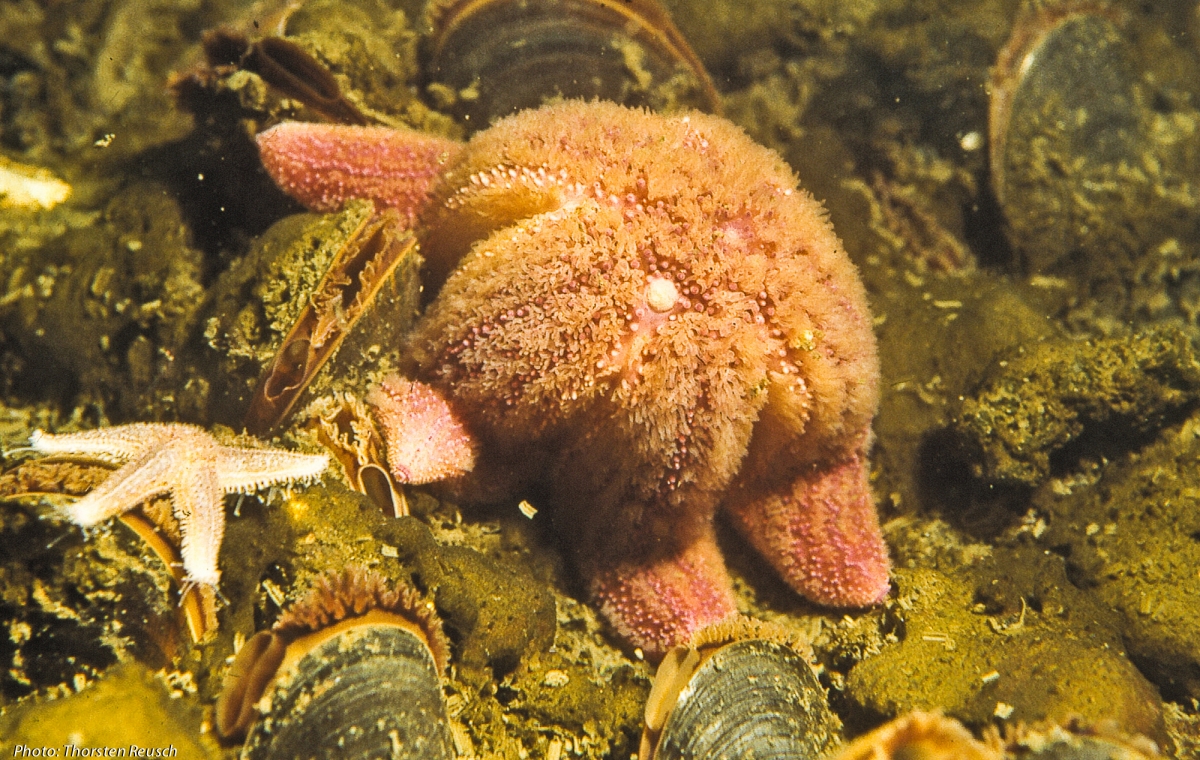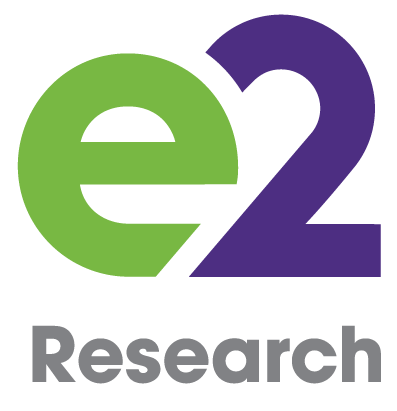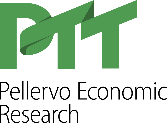
MARES
Partners
Pellervo Economic Research PTT is an independent applied economics research institute and a registered non-profit organization. The research is policy-oriented and focuses on five key themes: Globalization and Regional Development, Food, Forestry, Housing, and Welfare. A notable characteristic of PTT is its ability to investigate these issues from the perspective of regional economy.
PTT’s mission is to advance public discussion and to assist both public and private decision-making. Throughout our nearly 40 years of existence, PTT has dedicated themselves to promoting balanced development of the national economy. PTT’s vision is of Finland as an innovative country in which decision-making is based on knowledge produced by reliable research.
PTT research staff consists of ca. 20 economists in four research teams: Forest Management Research Team, Agrifood Research Team, National Economic Research Team and the recently founded Business Research Team.
Estonian Marine Institute EMI / University of Tartu is one of the largest marine organizations in Estonia with world-leading experts and state-of-the-art facilities, contributing to research in several marine study fields.
EMI’s mission is to enhance the knowledge and understanding on the functioning of the Baltic Sea Region’s ecosystems and to seek smart policy solutions in order to reach better environmental quality and the sustainability of ecosystem services. EMI’s research focuses on evaluations and prognoses of the marine organisms and environment in order to protect the biological diversity of marine life in the Baltic Sea. Research topics range from sea water physics to biology, from microscopic scale to full ecosystems, having unique expert opinions and qualifications in most Marine research fields.
EMI was established on the 3 of March in 1992 from the units of Estonian Fishery Institute, Estonian Academy of Sciences Ecology and Marine Research Institute. In 1996 it was merged with the Ministry of Environment and in 2001 it was incorporated with University of Tartu, Estonia’s leading centre of research and training.
GEOMAR is one of the leading institutions of marine science worldwide. The institute investigates the chemical, physical, biological and geological processes of the seafloor, oceans and ocean margins and their interactions with the atmosphere.
The research mission of Marine Ecology, one of the 4 research divisions at GEOMAR is “The oceans’ biological diversity drives ecosystems and biogeochemical cycles. A deeper knowledge of existing diversity, associated processes and the reactions to environmental perturbations is needed to project future changes and to guide sustainable use of biological resources.”
To achieve this mission, research in GEOMAR Marine Ecology is organized around 4 major themes. In theme “Evolution and Function of Marine Host-Microbe Interactions”, RD3 scientists explore how all marine life evolved in a “soup” of surrounding microbes and assess the possible functional role for the so-called microbiome in physiology, communication and adaptation. In “Emergence and Causal Understanding of Marine Biodiversity”, a prime goal is to study population structure, incipient speciation and the breakdown thereof (i.e. hybridization) as well as short-term evolutionary adaptations and long-term evolved traits that are critical to understand the function of particular species in the ecosystem. The main goal in theme “Ecological and Evolutionary Effects of Stress Regimes Across Scales” is to upscale experimental work on the biological effects of global change associated perturbations to the community level, to in-depth analysis of genomic changes and physiological mechanisms, and incorporating the time dimension by assessing evolutionary or trans-generation adaptation processes. GEOMAR-Marine Ecology is also interested in the sustainable use of marine resources under theme 4 “Marine Biological Resources and Ocean Sustainability”, where issues of environmental protection, of fisheries management, marine biotechnology and the effects of global change on harvested fish populations are addressed.

e2 Research is a Finnish research team conducting studies on societal issues related to democracy, wellbeing, environment, food systems and food security. e2’s work stems from an association called Edistysmielisen Tutkimuksen yhdistys ry aka e2 Tutkimus.
e2 generates research-based knowledge for the needs of organizations, businesses, media and politicians, and popularizes science to spark discussions in the society leading to well-informed decisions.
e2 uses a wide variety of channels, e.g. produces publications and reports, writes popular articles and gives presentations and lectures. e2’s staff are often invited to present and discuss in media and they also provide expertise services to ministries and other organizations.
The overall mission of e2 is to serve the information needs in decision making for a democratic, just and sustainable society.
Within MARES, e2 focuses on popularization and dissemination of the findings to wider audiences.




